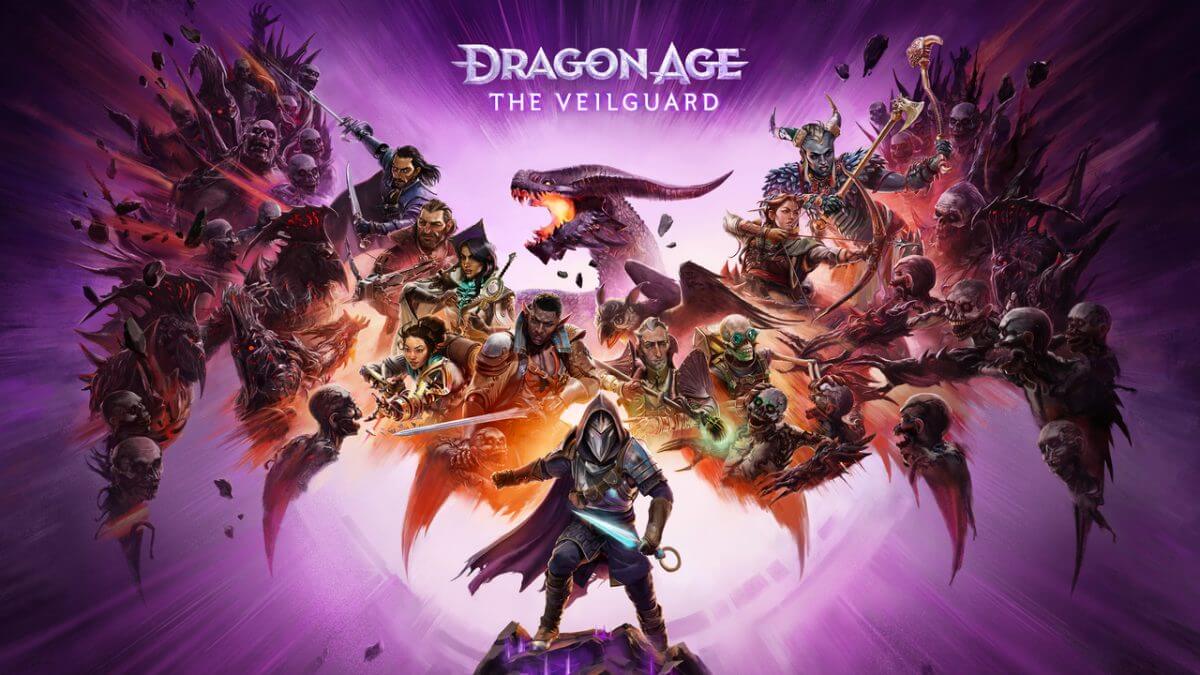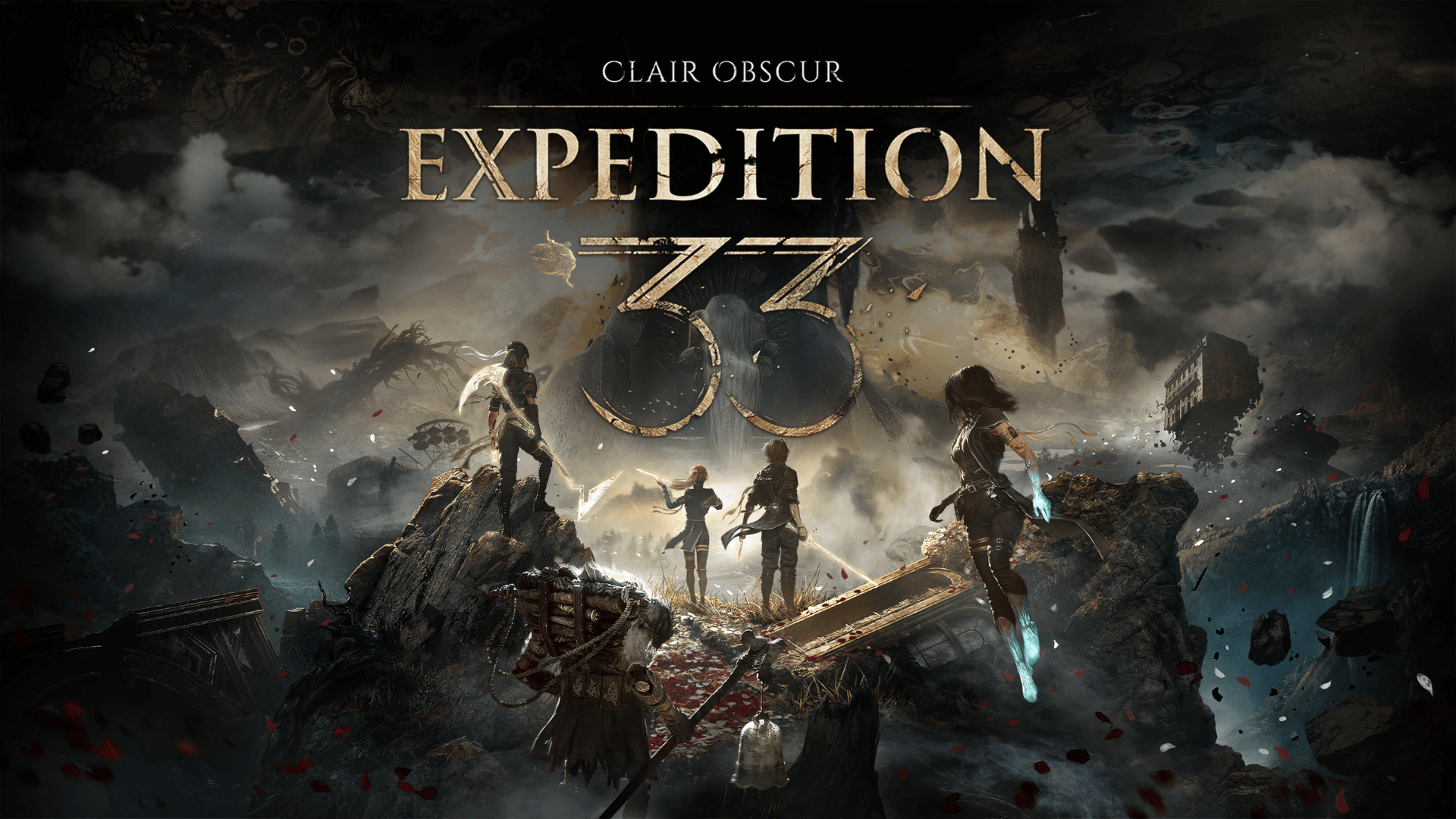News: Understanding the Commercial Failure of Dragon Age: The Veilguard
Dragon Age: The Veilguard, the latest installment in BioWare's iconic RPG series, had fans buzzing with excitement upon its
announcement. However, the game's eventual launch was met with disappointing sales figures, leading to discussions about its
commercial failure.
Several factors contributed to this downturn. First and foremost, the highly competitive gaming market created significant
challenges. With major releases from various franchises overshadowing "The Veilguard," including titles from larger studios,
the game struggled to capture the audience’s attention. Gamers had a surplus of options, and many chose to invest their time
in more prominent releases.
Additionally, the initial marketing campaign failed to resonate with potential players. While unveiling key elements of gameplay
and storyline, the promotion lacked the compelling flair that fans expected from a Dragon Age title. The game's trailers did not
create enough excitement or intrigue, and many fans criticized the lack of fresh innovation compared to its predecessors. This
perception of stagnation led to doubts about the game's value.

Moreover, the development process was fraught with challenges. Reports of internal strife and leadership changes at BioWare raised
concerns about the game’s direction, and it became evident that the project had been rushed to market. Reviewers noted numerous
bugs and performance issues at launch, which tarnished the game's reputation further and led to negative word-of-mouth.
Lastly, the narrative choices and character development, hallmarks of the Dragon Age series, were perceived as lacking depth compared
to previous entries. Fans felt that "The Veilguard" did not live up to the rich storytelling and complex characters that had defined
the franchise.
In conclusion, while "Dragon Age: The Veilguard" had the potential to revive interest in the series, a combination of market competition,
inadequate marketing, development struggles, and insufficient innovation contributed to its commercial failure, leaving fans yearning
for a stronger return to Thedas.
